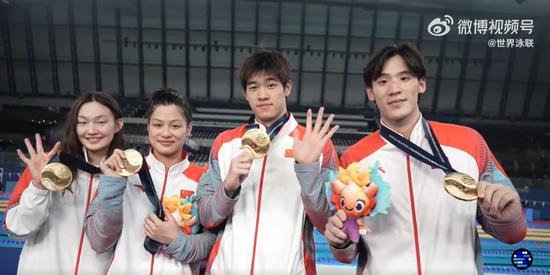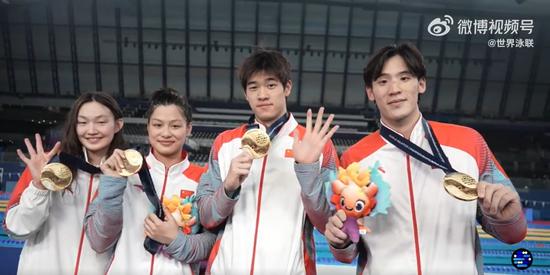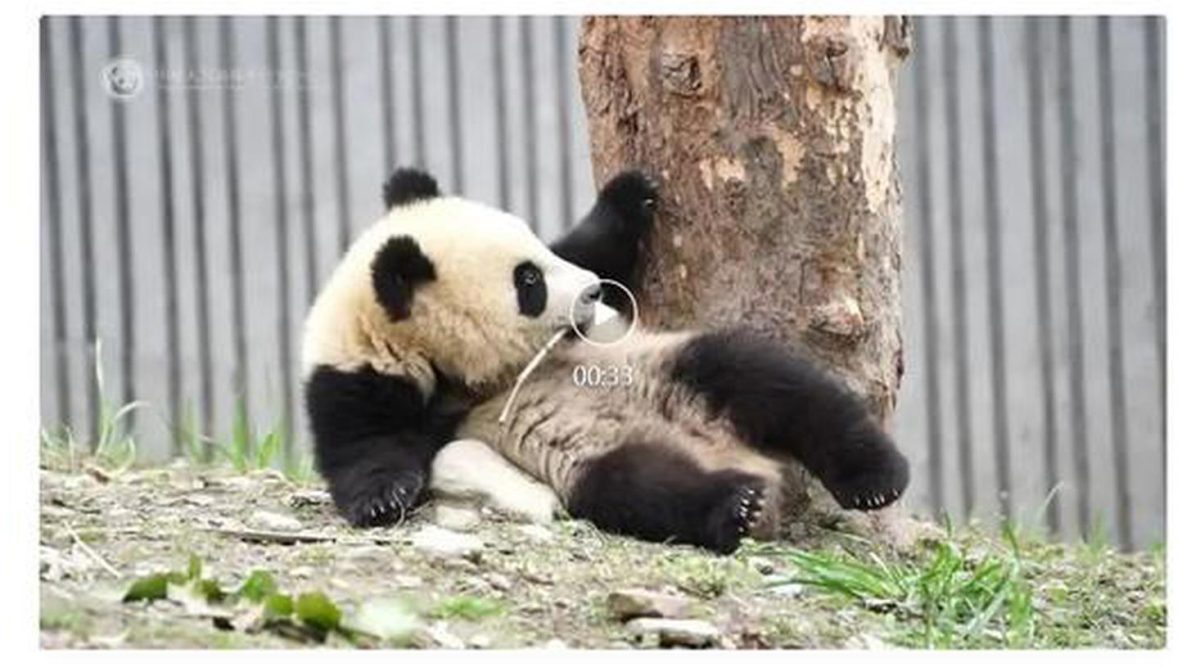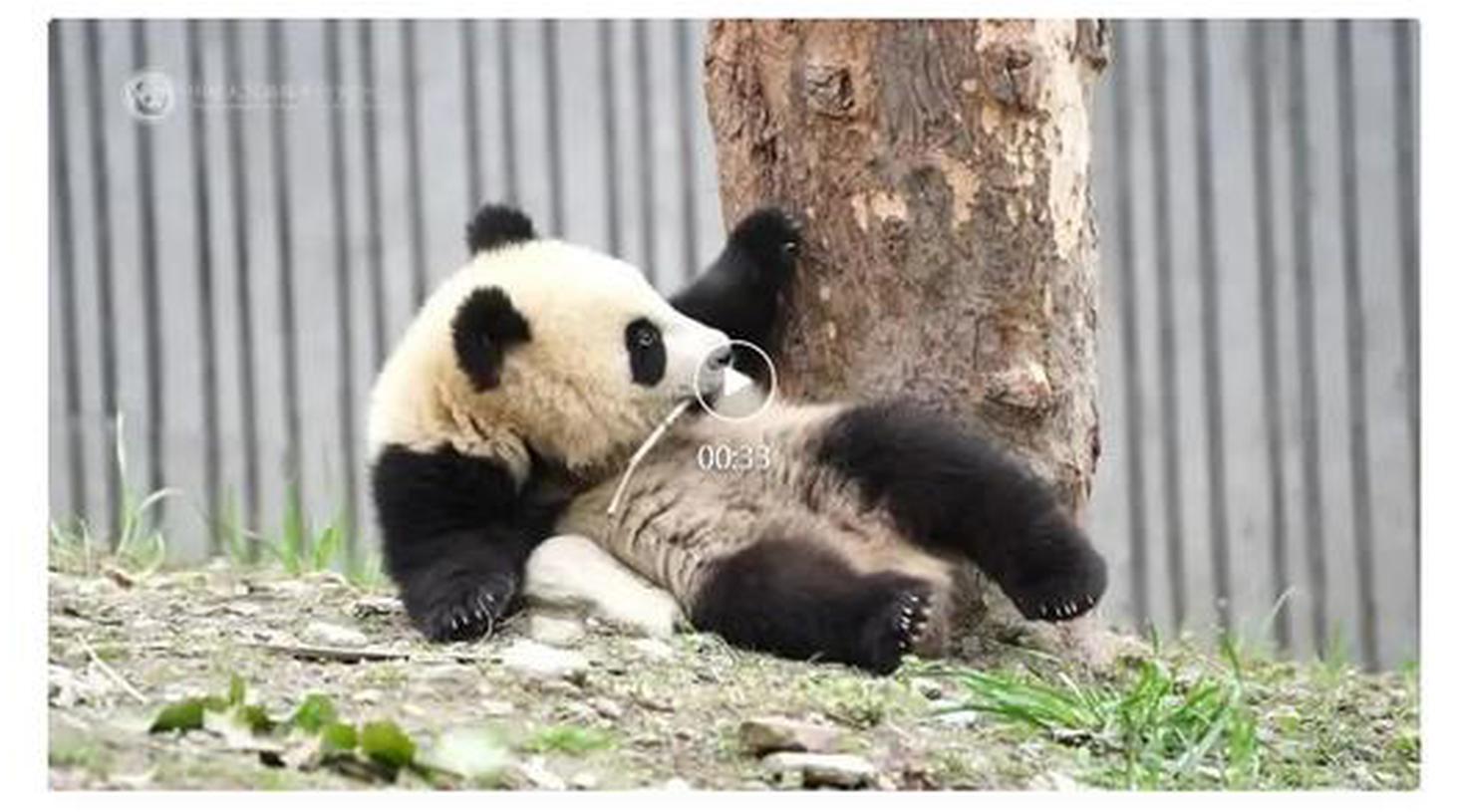A Buddhist association from the island of Taiwan donated 30 lost relics to the National Cultural Heritage Administration (NCHA) at a donation ceremony held at the National Museum of China (NMC) on Monday, showcasing the cultural bonds between the Chinese mainland and the island of Taiwan.
Selected from precious lost artifacts collected from various sources overseas in recent years, the United Association of Humanistic Buddhism, Chunghua donated a total of 30 colored sculptures dating from the Song Dynasty (960-1279) to the Qing Dynasty (1644-1911) to the NCHA, according to a document that the NMC sent to the Global Times on Monday night.
About 250 officials and guests from both the mainland and the island of Taiwan attended the ceremony. They pointed out that these artifacts bear witness to the profound historical and splendid and diverse cultural heritage of China. This donation once again underscores the deep-seated love and profound reverence of the island’s people for Chinese culture, the document noted.
Song Tao, head of both the Taiwan Work Office of the Communist Party of China Central Committee and the Taiwan Affairs Office of the State Council, expressed appreciation for the efforts of Taiwan compatriots from all walks of life in protecting Chinese cultural relics and inheriting and promoting Chinese culture.
He emphasized that compatriots on both sides of the Taiwan Straits are all Chinese people, and the magnificent Chinese culture is “our common foundation, pride, wealth, and soul.”
He called on compatriots on both sides to comprehend the overall situation of history, uphold national righteousness, firmly oppose “independence” and promote reunification, so as to unite and advance together and jointly promote the peaceful reunification of the motherland and create a better future for the great rejuvenation of the Chinese nation.
The Taiwan guests said that Buddhist culture is an important part of traditional Chinese culture and that the collection and protection of these artifacts represent the inheritance of Chinese culture.
This donation event reflects the inheritance of the patriotic feelings of the older generation of venerable monks such as the late Master Hsing Yun by the younger generation. In 2014, Venerable Master Hsing Yun, founder of the Fo Guang Shan Buddhist order, donated a national first-level cultural relic, a Buddha head statue from the Northern Qi Dynasty (550-577), to the NCHA. The donation ceremony was held at the NMC in March 2016, attracting wide attention from all sectors of society across the Straits, according to the document.
The guests from the Buddhist association hope that the return of these artifacts will bring an opportunity for peace, harmony and unity across the Taiwan Straits. They also expressed their hope for more interactions, exchanges and visits between compatriots on both sides of the Straits, accumulating mutual trust and goodwill, and jointly promoting the revitalization of Chinese culture.





